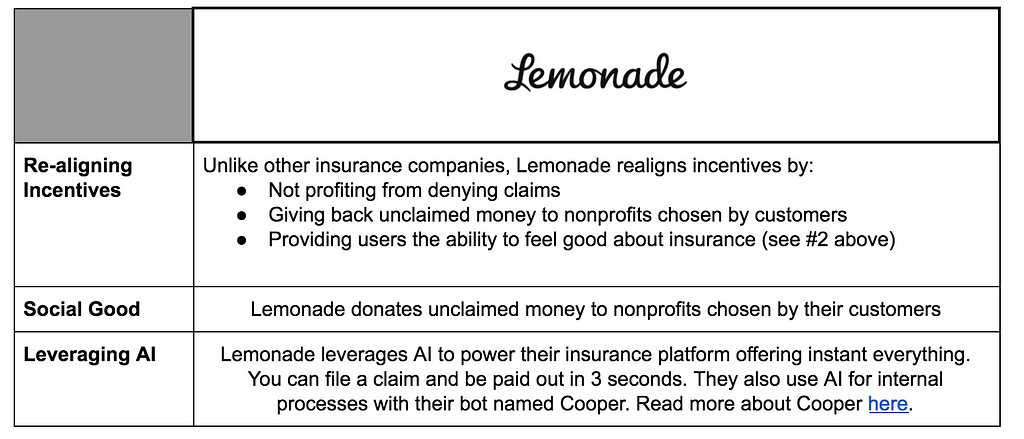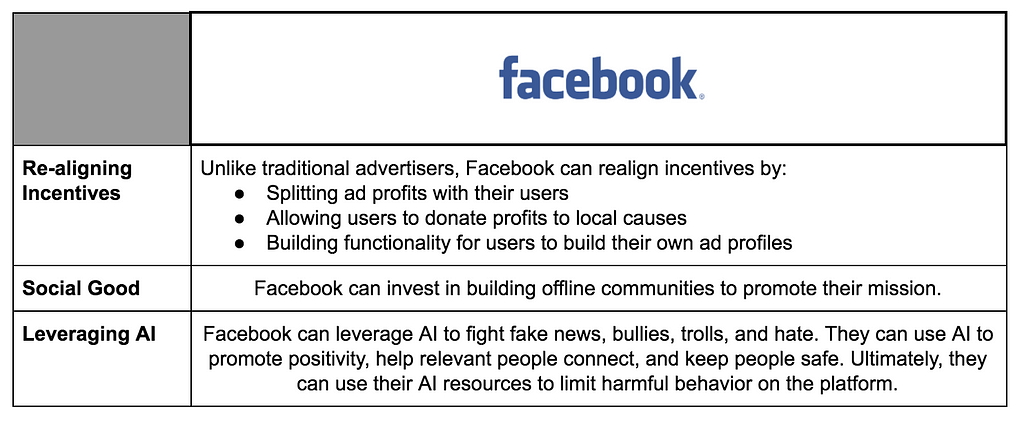Latest news about Bitcoin and all cryptocurrencies. Your daily crypto news habit.

For millennials, Facebook was part of our upbringing. I remember Facebook fever in elementary school when classmates would fudge their age and high school “networks” to get access to the platform. Oh, how far we’ve come! As the most utilized tool in the world to keep friends, families, and communities together, it’s hard to believe that Facebook is now the least trusted tech company in the US.
So instead of asking how they got here, I’m asking where do they go from here?
Facebook and the insurance industry
There are a handful of “hated” industries out there. People love to hate on airlines, WiFi & cell phone providers, utility companies, and more. But the most hated in my mind is the insurance industry. They’re notoriously known for profiting off people during their worst moments. And the tech industry isn’t that far behind. Since the Cambridge Analytica story broke, there has been a revolt against products and services that collect user data. We saw this with Uber, Target, Home Depot, and now with Facebook.
When thinking about where Facebook goes from here, they really have two options.
- The first option is to keep the status quo. Lay low, appease the media, government, and users, and continue with business as usual. It may take a month or two but the storm will pass.
- The second option is to innovate with a new business model. Take a look in the mirror and understand the beast you’ve created. Break down the puzzle, reorganize the pieces, and paint a better picture that your users will love.
While it’s certainly possible that they will duck behind Door #1, I believe Zuck truly wants to do better for the billions of people that he serves. So, where can he look towards for advice?
The insurance industry.
Yes, you read that right. As one of the most hated industries, people commonly believe that insurance companies use their power to take advantage of their customers and that the headache isn’t always worth the service the provide. But lucky for the big corporations, insurance is a must have. People need to suck it up and deal with it. The same could be said for Facebook. Their network effect has become so strong with over 2 billion active users that many can’t connect with others as seamlessly without the platform.
When Life Gives You Lemons…
In early 2016, Daniel Schreiber and Shai Wininger questioned how to fix the insurance industry. Together, they worked with famed behavioral economist Dan Ariely to go behind Door #2 and innovate the deeply broken insurance model. While insurance and social networks aren’t the same, I believe Facebook can take a similar approach in breaking down the puzzle, reorganizing the pieces, and painting an awesome new picture. Daniel and Shai’s picture is called Lemonade and it’s extraordinary.

Lemonade took everything that people typically hate about insurance companies — lack of compassion, misaligned incentives, long claims processes — and made an insurance product for people to love. And Facebook can do the same thing. Facebook can break apart the problems and delight their users once again. Yes, they have to make money. Understandable. But they can help their users feel good about themselves while they do it.
Here are a few lessons that Facebook can learn from Lemonade:
It won’t be easy to do, but these are a few ideas that Zuck can kick off the brainstorm session with.
Have another idea of how Facebook can fix their business model? I want to hear about it! Tweet me @jordanodinsky.
Disclaimer: I am an investor in both Facebook and Lemonade. These opinions are my own and do not constitute advice or solicitation of any kind.
Hi! I’m Jordan, and I work in VC in Israel. There’s a lot happening in the VC/startup scene and I figured I’d post my observations here. All opinions above are my own. Feel free to follow on Twitter: @jordanodinsky.
What Facebook Can Learn From Lemonade was originally published in Hacker Noon on Medium, where people are continuing the conversation by highlighting and responding to this story.
Disclaimer
The views and opinions expressed in this article are solely those of the authors and do not reflect the views of Bitcoin Insider. Every investment and trading move involves risk - this is especially true for cryptocurrencies given their volatility. We strongly advise our readers to conduct their own research when making a decision.
